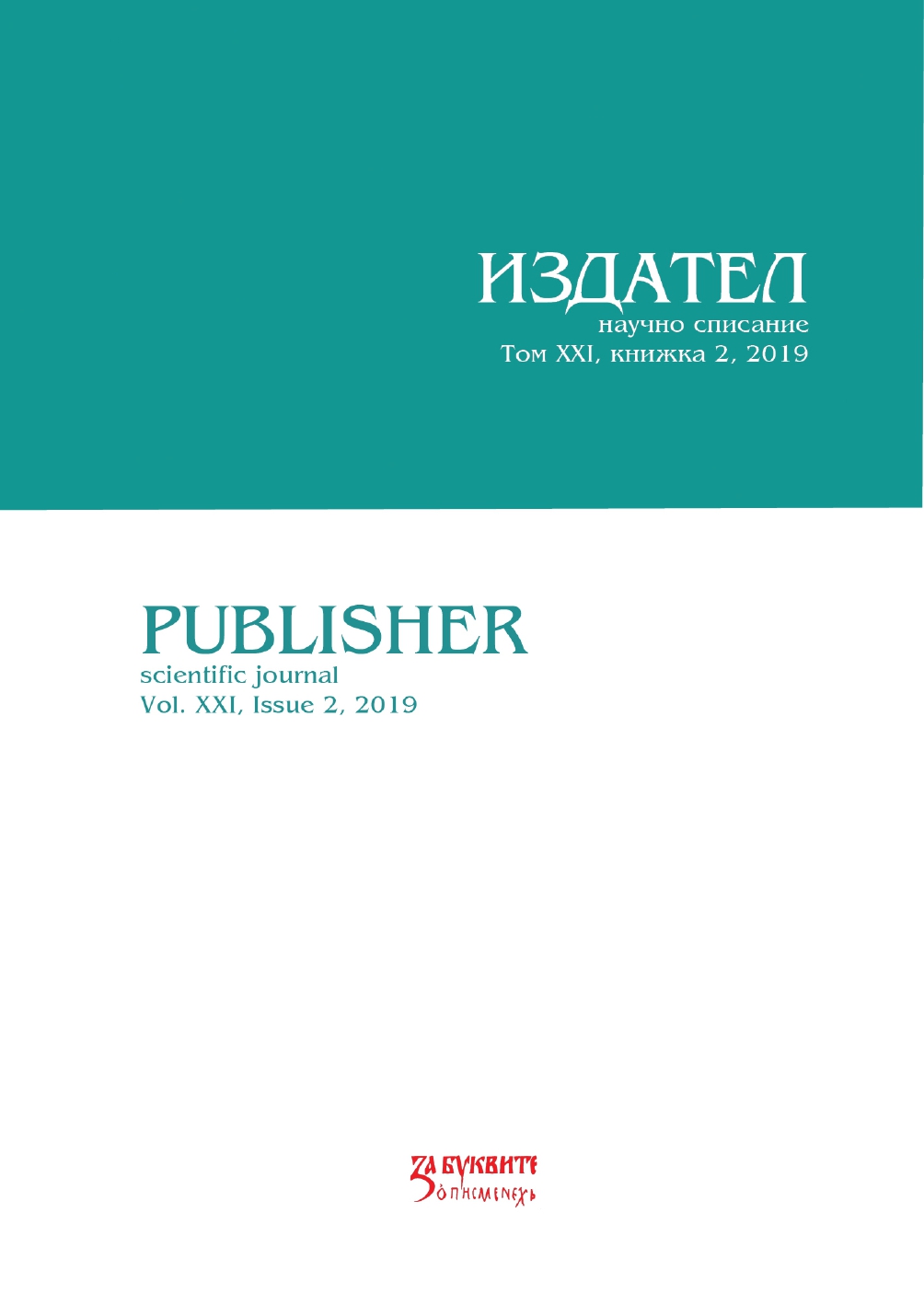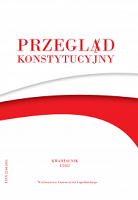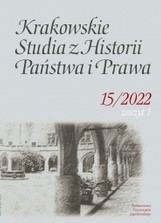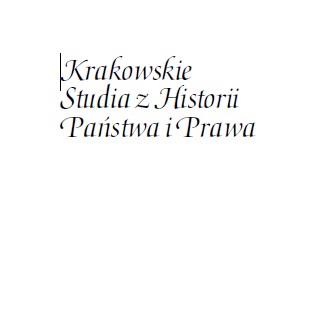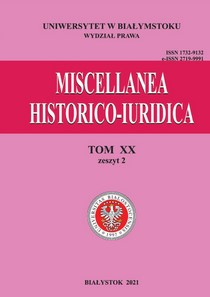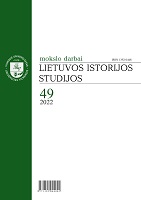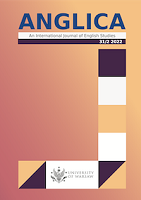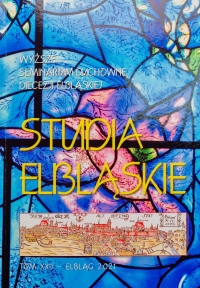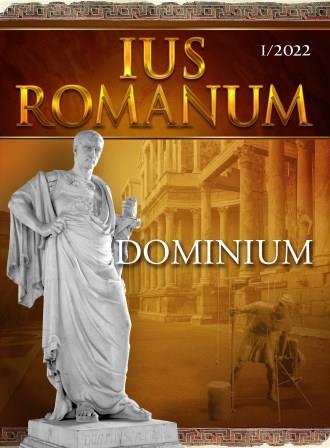Author(s): Władysław T. Kulesza / Language(s): Polish
Issue: 1/2022
After Poland regained its independence in November 1918, the parliament, acting as a constitutional body, enacted the Constitution of the Republic of Poland on 17 May 1921. It is worth setting this event against a broader background. After the First World War, new constitutions were created in Eastern Europe, in particular in those states that had to build their political system from scratch, for example because they appeared on the map of Europe for the first time in history or were reinstated after a long break. These states, or more precisely their elites, had to draw on foreign ideas and achievements due to lack of their own experience. For the states that chose the republican system and disregarded the solutions contained in the constitutions of the United States and Switzerland, the Third Republic of France became a very important source of inspiration, thanks to the regulations contained in the three constitutional acts of 1875, as well as constitutional practice. Admittedly, from 1879 onwards, the constitutional practice increasingly diverged from the letter of the law set out in these three acts. Another source of inspiration for some of the new states in Eastern Europe was the constitution of the German Reich, adopted in 1919. In our part of Europe, if we exclude Estonia, Finland, and Austria – which made an effort to develop their own, sometimes unique, political solutions – it can be noted that the achievements of the Third Republic, in terms of the letter of law and political practice, became a decisive source of inspiration for Poland and Czechoslovakia, while the German Basic Law served as a model for Latvia (to a greater extent) and Lithuania (to a lesser extent). The choices made by the political elites of Poland and Czechoslovakia, however, differed in one fundamental aspect. Poland took as its point of departure the constitutional practice of the Third Republic, formed since 1879, while Czechoslovakia took the letter of the Constitutional Act of 1875. This substantially and differently moulded the form of the political system of each of these states, and subsequently its functioning in practice. Already in the interwar period, it became clear that the decisions taken in Warsaw to make the Sejm the highest organ in the state, modelled after the Chamber of Deputies in France, were less “correct” than the solutions adopted in Prague. In Czechoslovakia, the principle of the separation of powers was taken as the starting point. The principle of the balance of powers was then referred to and the roles of the legislative and executive branches were precisely defined so that this balance would really exist. In this way, the smooth operation of both powers was guaranteed, not only in their relations with each other, but also on a national scale. In Czechoslovakia, the architects of the constitution took into account the principle of the separation of powers alongside the principle of their balance, while in Poland the latter principle was absent, at first in the text of the constitution, and then in practice in the years 1922–1926.
More...


